ECCF donors learn about the unique challenges facing nonprofits battling homelessness
By Michelle Xiarhos Curran, ECCF Communications Writer
When the COVID-19 pandemic began last March, nonprofits supporting Essex County’s homeless population were blindsided.
“There was no playbook for what we went through, and what we’re still going through,” said Jason Etheridge, executive director of Lifebridge Northshore, a nonprofit that for 40 years has been helping people return to self-sufficiency after homelessness through a variety of housing programs and support services.
Organizations were left wondering what to do when the region’s number of shelter beds was slashed in half to accommodate social distancing guidelines but demand for services was going up because of the swift economic downturn.
Volunteer hours dried up. Support services – like meal delivery and medical care, which went completely virtual – became harder to implement. Difficult pivots, like turning part-time day centers into full-time resource hubs, had to be made. Quarantining infected emergency shelter clients became an exhausting and near impossible task. And isolating residents in permanent supportive housing – many of whom have pre-existing mental health conditions – was a necessary, but excruciating sacrifice.
“It’s a very difficult exchange to make,” said Andrew DeFranza, executive director of Harborlight Community Partners, a nonprofit Community Development Corporation that focuses on the housing needs of underserved populations on the North Shore. “The worst thing you can do for someone with a mental health issue is isolate them for extended periods of time.”
Both Etheridge and DeFranza – whose organizations often collaborate – were on hand Feb. 10 to give ECCF fundholders and donors a ground-level view of the increased challenges homelessness organizations are facing right now during COVID, and the uphill battles they face every day as they fight to end homelessness for good.
The conversation was part of a series of monthly, hour-long ECCF Lunch & Learns designed to provide detailed insight into the region’s greatest social challenges. In March, ECCF will focus on healthcare; in April, participants will discuss climate resiliency and environmental justice.
“We really want to provide our fundholders and donors with opportunities to hear first-hand what’s going on in their communities,” said Carol Lavoie Schuster, ECCF’s vice president for grants, nonprofits and donor services. “These conversations are designed to support donors as they make important decisions about their giving, and to give nonprofits a chance to talk about their work.”
During this month’s conversation, Etheridge and DeFranza opened up about some more hard truths when it comes to helping people facing homelessness.
“I think they’ve been forgotten about, if I’m being totally honest,” said Etheridge. “This was a big mirror back on us, this COVID pandemic.”
Both executive directors indicated that the problem is that homelessness is not being addressed the way it should.
“Where we’re falling short as a community is addressing the systemic causes of homelessness,” said Etheridge. “We’re not getting to the root causes.”
The “secret sauce,” he said, is integrating supportive services with housing, an approach that many may think is cost-prohibitive. But surprisingly, that is not the case. Etheridge revealed that it costs a community about $100,000 each year to support someone living on the streets, whereas providing housing and services to a person experiencing homelessness costs a quarter of that.
“I think post-COVID, there will be a lot of chatter as to why we do things the way we do,” DeFranza said.
Despite the incredible obstacles, both executive directors were also able to share some successes they achieved during the pandemic, though they didn’t come easily or without tireless efforts. Both organizations saw few, if any, COVID infections in their facilities for the first nine months. And through intense advocacy work, which was often mired in conflicting information and red tape, they were able to secure on-site COVID testing and vaccinations for eligible residents.
“When you’re in it, you’re just trying to get over the goal line,” said DeFranza. “But when you think about this system, you have to think, ‘this is crazy.’”
It also brings up a lot of questions. How do you change the system so that our most vulnerable friends and neighbors can get the help they need? One ECCF fundholder put it quite succinctly.
“I think we’re going to discover post-COVID-19 how we’re all going to need to support each other and help each other,” he said.

